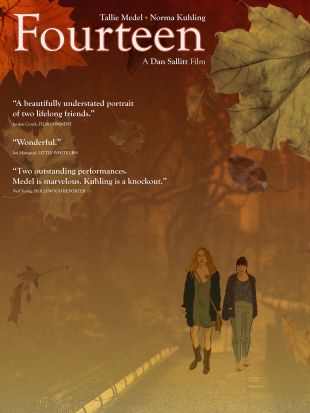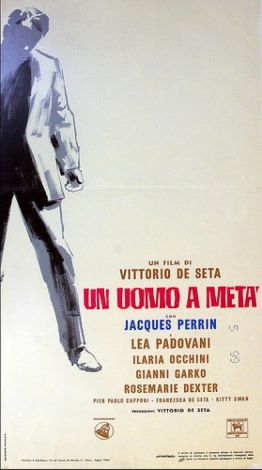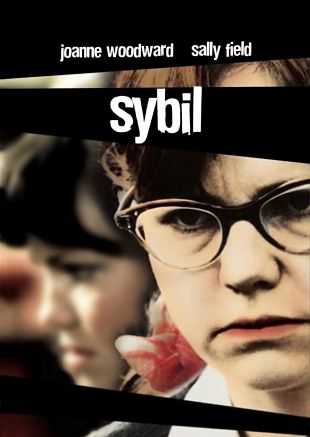The Time We Killed (2004)
Directed by Jennifer Todd Reeves
Genres - Drama |
Sub-Genres - Psychological Drama |
Run Time - 94 min. |
Countries - United States |
MPAA Rating - NR
Share on
Synopsis by Josh Ralske
Acclaimed experimental filmmaker Jennifer Todd Reeves makes her narrative-feature debut with The Time We Killed. The film stars Lisa Jarnot as Robyn, an agoraphobic writer living in New York City. Robyn retreats into her apartment after 9/11 and keeps a running commentary on her interior life, discussing her decision to withdraw from the world, watching news of the so-called "war on terrorism," reminiscing about her childhood and a multitude of former lovers (of both sexes), and reading aloud from a novel she's been writing, about a promiscuous woman named Toni who travels the world looking for sexual partners while dying of some unnamed terminal illness. Robyn also records messages for the German woman she sees as her one "true love," Valeska (Valeska Peschke). Robyn last heard that Valeska had cancer and has not had any contact with her in a long time. She assumes Valeska has died as she records her messages. Robyn is occasionally visited by a neighbor (Susan Arthur), a repairman, and her "sister," June (played by the filmmaker), whom she met when they were both patients at a psychiatric hospital. Everything is shown in high contrast black-and-white. The footage inside the apartment is shot on digital video, while the flashbacks, reveries, and footage of the world outside were shot in 16mm. Original music for the film was composed by Zeena Parkins, Marc Ribot, and Elliot Sharp. The Time We Killed was shown at the 2004 Berlin Film Festival, where it won a Fipresci Prize and had its American premiere at the 2004 Tribeca Film Festival, where it won Best NY, NY Narrative Feature.
Characteristics
Moods
Keywords
agoraphobia, alienation, escapism, fear, inner-conflict, mental-illness, observations, reminiscence, seclusion, self-reflection, September 11th, withdrawal, writer










/_derived_jpg_q90_310x470_m0/TheRazorsEdge1984-BoxArt_CR.jpg)
